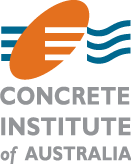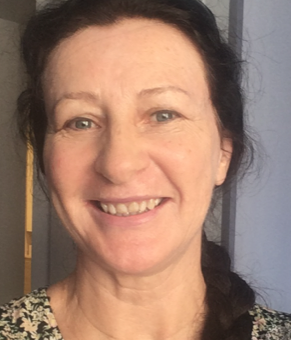Governments on the eastern seaboard are trialling a system of nationally standardised approvals for products used in road and rail projects to improve consistency and cost effectiveness.
Australasian Railway Association’s research shows inefficient processes cost the rail industry alone up to $40 million annually. In NSW the existing catalogues of type approved products stretches to 3000 items across 40 different registers.
In the Australian-first cross-border trial by NSW and Victoria, any new product type used in rail or road infrastructure projects must meet minimum regulatory, technical and safety standards to obtain approval. This has significant implications for thousands of items associated with bridges, road pavements, drainage and pipes, electrical, track, train control systems and electrical substations.
Josh Murray, Transport for NSW Secretary is calling the trial a “gamechanger” saying faster and smoother approvals will help governments to procure more locally made products to stimulate domestic manufacturing. Both states have admitted that “significant inconsistency” exists.
“Currently there is significant inconsistency in approval processes across Australian jurisdictions that has road and rail construction industry bodies and product suppliers calling for change to complex and time consuming approvals,” a joint press release said.
Transport for NSW has led a collaborative working group across government agencies, industry partners and peak industry bodies, which has supported the development of a draft national Product Type Approval (PTA) Framework. Victoria’s and NSW’s Chief Transport Engineers are also collaborating with 49 Australian and New Zealand organisations across road and rail.
It is expected that the NSW and Victorian trial will be completed by late July 2024, with full acceptance and implementation of the PTA Framework anticipated by early 2025.


